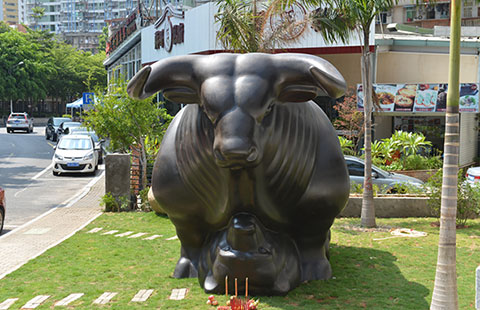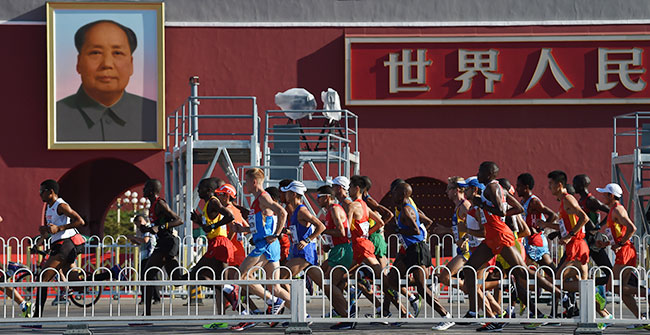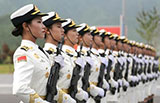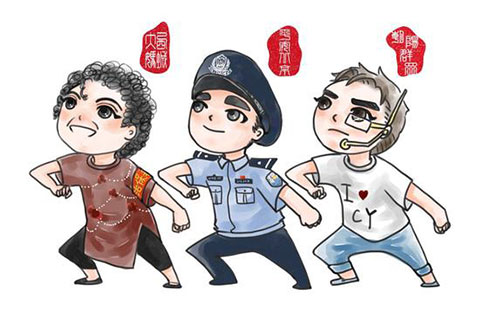What they say
(China Daily) Updated: 2015-08-24 07:49Today's competition in all fields of science has increased. Historical research can be seen as useless because the practical application of history to the benefit of the economy is difficult to demonstrate. Dowe need to cooperate more efficiently with other disciplines of the humanities, cultural studies, social sciences and museum specialists in order to keep our own discipline alive? My reply is yes. An even bigger problem and challenge for professional historians today is the question of the role of the media. We need to cooperate more efficiently with nonprofessional historians. We have to transmit our research results to broader audiences.
Marjatta Hietala, president of the International Committee of Historical Sciences, Finland

China has been a task for many historians for many years. In this practical way, it shows China's place in historiography. I hope this congress can also establish a regular mechanism to connect Chinese and Latin American historians.
Hilda Sabato, professor of history at the University of Buenos Aires, Argentina

In the past 30 or 40 years, we have worked in a comparative way studying China and Europe, but it's new to have the conference in China. When we do in-depth studies based on data, we find the social patterns in China and Western Europe are not as different as we thought. A major question is why did China, which was leading the world before 16th century, later lag behind the Western world and rise again in the past 30 years? We expect to find answers for that at the conference.
Kees Mandemakers, senior researcher at the International Institute of Social History, the Netherlands

History is legacy shared by all human beings. People from all are guarding their history; guarding justice and peace. We believe the Jinan congress will deepen our understanding of history and be a milestone in the process of the internationalization of the historical sciences.
Zhang Haipeng, president of the Association of Chinese Historians

Environmental history focused on the relationship between human beings and nature has become one of the most important emerging areas for the future development of Chinese historical research. More and more scholars have recognized environmental history as not only a branch of history, but a new way of looking at and a new method for observing Chinese history, which will definitely promote major changes in the new era of Chinese history.
Xia Mingfang, professor at the Center for Ecological History Renmin University of China

(China Daily 08/24/2015 page7)
- National and ethnic unity vital for region, Xi says
- Unnecessary C-sections come under scrutiny in Anhui province
- Navy completes joint beach drill
- Typhoon Goni to hit NE China
- Prisoners in line to be granted special amnesties
- WWII veterans' pensions raised
- 'Double standards' criticized
- Targets set for new Beijing, Tianjin and Hebei megalopolis
- Path smoothed for organ donors
- Scientists ponder exoskeletons







